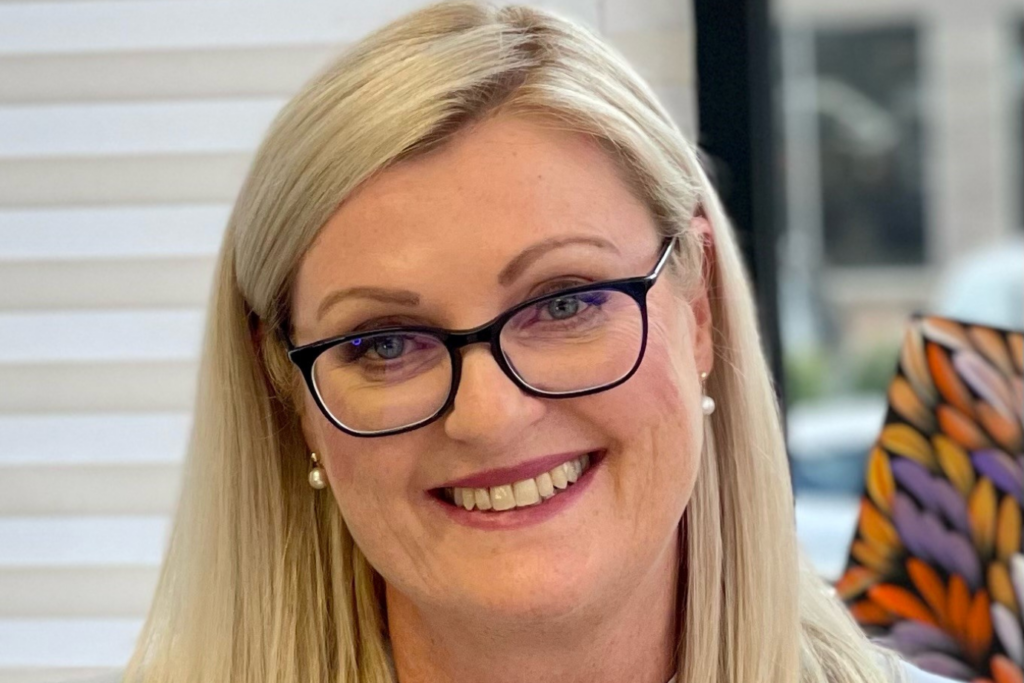The conversations which take place between doctors and their patients are intimate and personal. They go to the crucial decisions that Australians have to make about their own health and wellbeing.
They also depend on accurate advice. A cornerstone of those conversations is often the insights that come from pathology tests. Seventy per cent of all medical decisions depend on pathology. Put simply, GPs can’t do their jobs without accurate and timely pathology test results.
And for women, some pathology tests are non-negotiable. Vitamin B12 and urine tests, for example, can help manage a woman’s pregnancy and keep her healthy to support the growth and development of her baby. Sixty six per cent of all people who undergo these tests are women. This is even higher for women aged between 25 and 34 who make up 80 per cent of the population accessing urine tests.
Until now, women have had the comfort of knowing these tests are widely available and affordable. They’re bulk billed, no matter where you live — meaning women living in regional Australia don’t need to travel to a city to access them. But that’s now potentially at risk.
For the past 25 years, indexation rates on Medicare rebates for pathology items have been frozen. This is unique across the health system, with indexation rates on most other items increased consistently. Pathology has also endured some funding cuts over the same period.
Productivity savings and innovation have allowed pathology providers to continue to service the needs of Australians, but there’s a point at which the lemon can’t be squeezed any further.
That’s why the sector has been talking with governments in recent years to raise issues about the sustainability of bulk billing and seek modest financial support to maintain the status quo.
Prior to this year’s Federal Budget, Australian Pathology asked the government to invest $630 million over four years into pathology, which would have ended the funding freeze that has existed since 1999.
The Government made some tentative steps in the last Budget. They provided $174 million over three years, excluded the most commonly requested tests, and banked “efficiencies” (that’s spin doctor language for “cuts”) targeting pathology and amounting to $356.3 million over three years.
The Federal Budget acknowledged the need for indexation but did so for only one-third of Medicare-listed pathology items. Funding for the remaining two-thirds of pathology items remains frozen and there is now the potential for further cuts. Our fear is Vitamin B12 and urine tests are among those services being targeted.
This all runs contrary to the government’s rhetoric of affordable healthcare for all Australians, particularly during a cost-of-living crisis and with a higher-than-expected surplus sitting in the coffers.
The stark reality is that if Medicare rebates for pathology do not start to increase soon, bulk billing for pathology services will be a thing of the past, and patients will have to pay out-of-pocket fees, just like they already do for most other medical services in Australia.
As Australia’s experience with general practice and other medical specialties shows, once patient out-of-pocket fees are introduced, the bulk billing rate never recovers. Australia stands on the brink of losing the last bastion of bulk-billed services.
Pathology services, such as blood tests, are bulk billed 99.6 per cent of the time — compared to a bulk billing rate of just 73 per cent for the rest of Medicare. We want to keep it that way, but only a meaningful injection of funds — and a commitment to abandon the pursuit of cuts to services that women depend on — can guarantee it.
The government may well feel aggrieved that a problem 25 years in the making has landed in their lap. But if bulk billing for essential tests such as blood tests begins to collapse, Australians will wear the consequences for decades to come.
Image: Liesel Wett.

